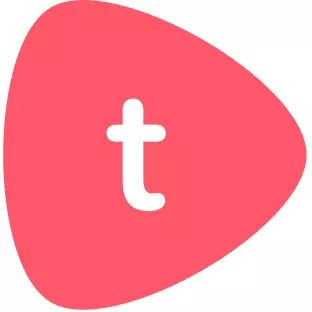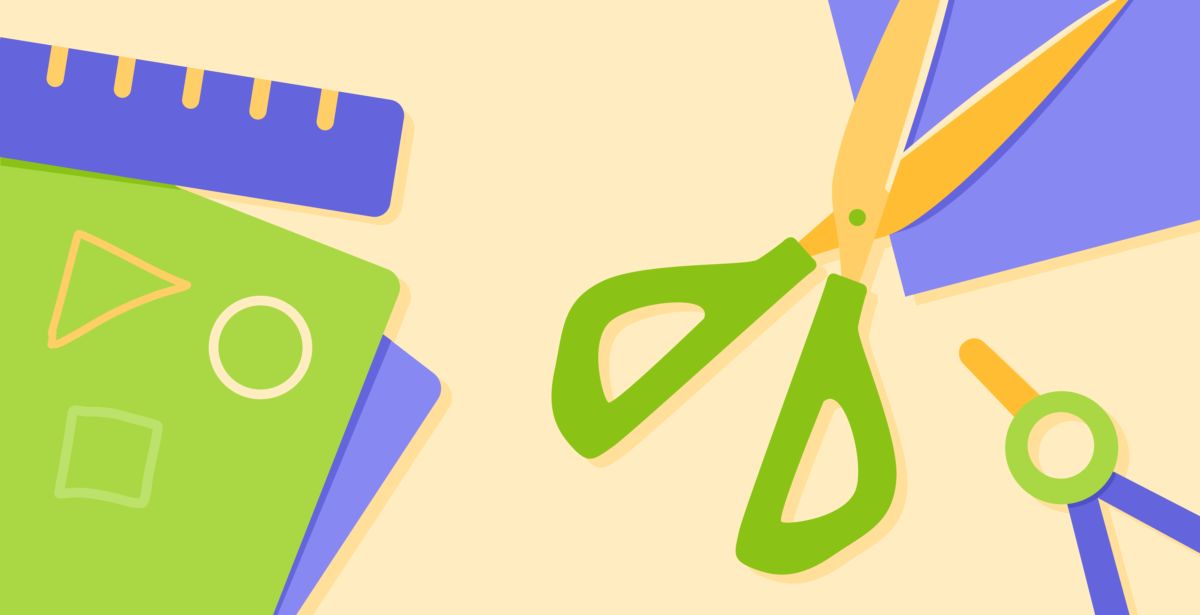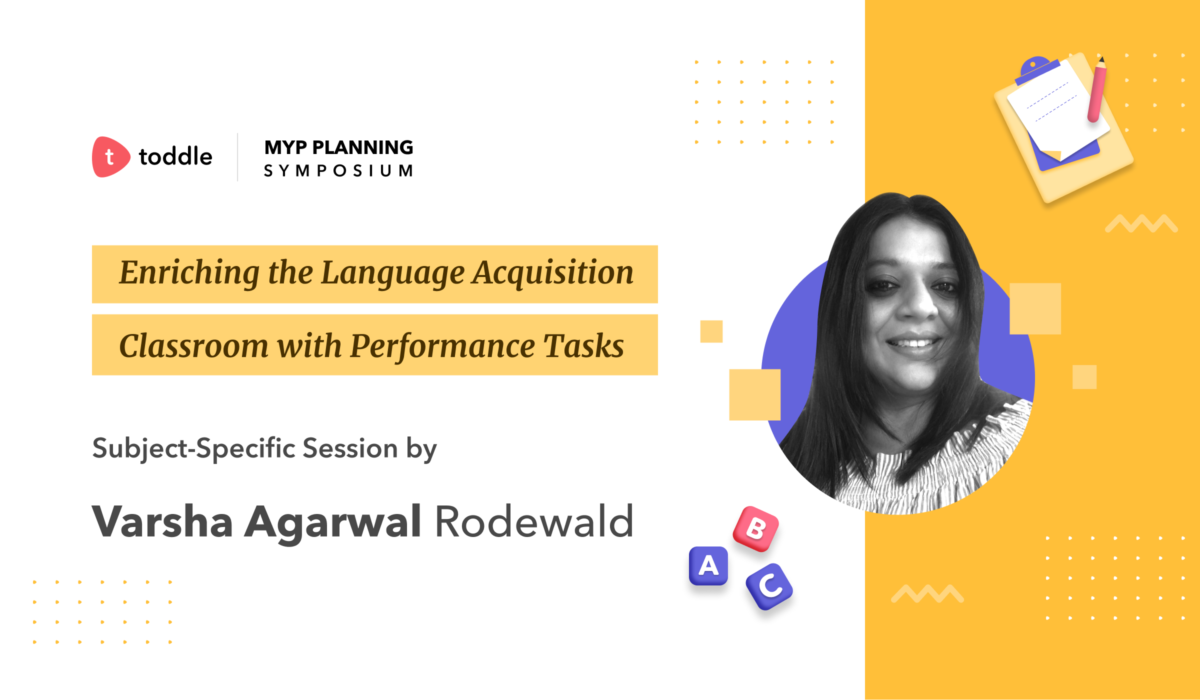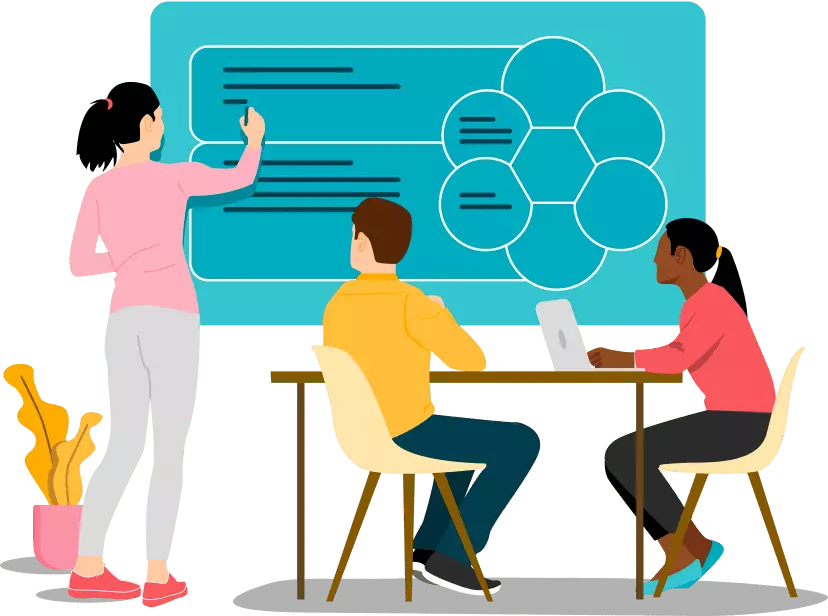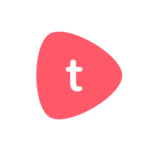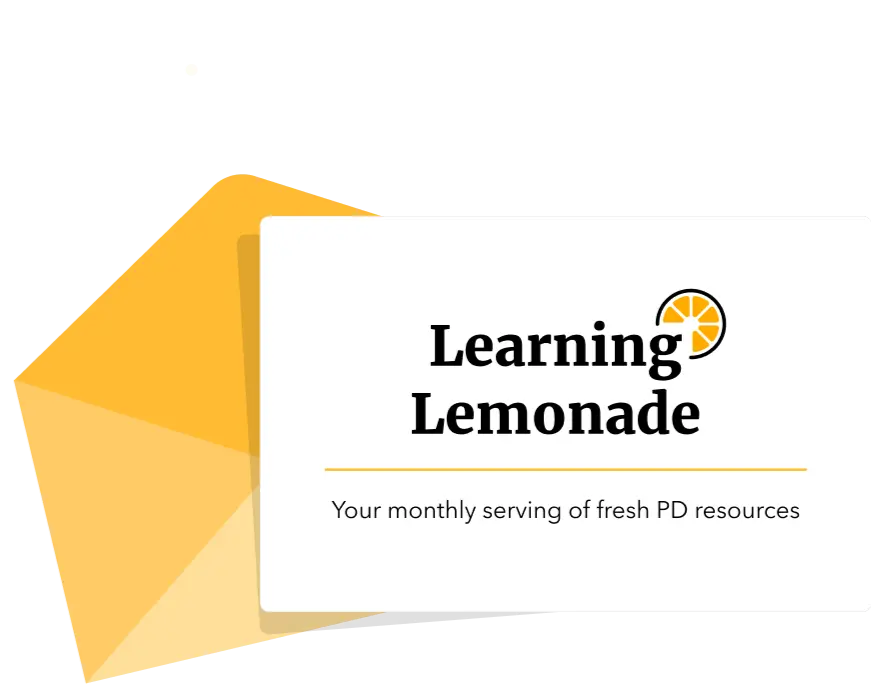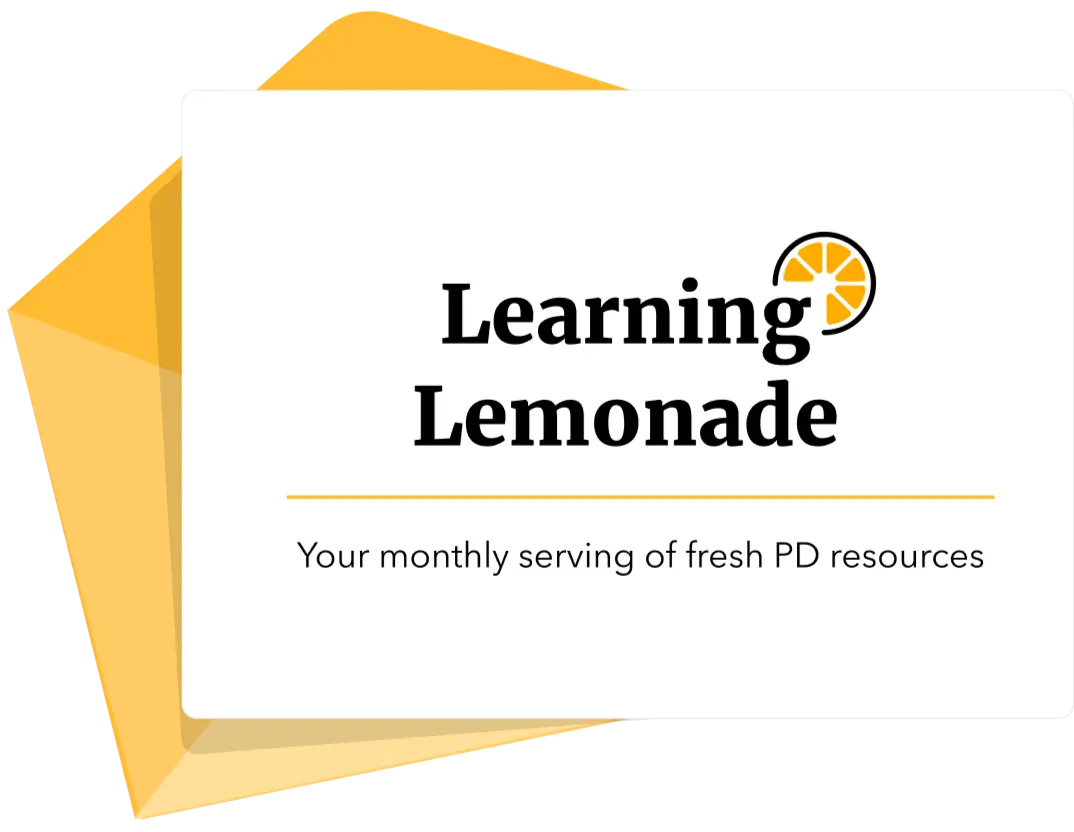What Do We Assess in the IB PYP
As guided inquiry educators, we’re constantly walking the tightrope of what to focus on and what to assess. As we plan for a unit of inquiry, we should have clarity around what we want our students to be able to do. We should be able to define the success criteria for the unit using concrete action verbs such as: define, argue, solve, and create. Our goal, when we’re deciding what to assess, is to be able to answer: What will students know, understand, and be able to do as a result of engaging in the learning?

Knowledge: Identifying the new knowledge for a unit can often be challenging or feel counterintuitive to inquiry. However, this is a crucial step in planning! When we think about knowledge, we are determining the facts, information, case studies, or theories that will best support students in developing their understanding in a unit.
Understandings: Understandings are deeply personal and are earned by students. They are how students make sense of new information compared to their past experiences. They are the lasting ideas and beliefs that students have as a result of the learning.
Skills and Dispositions: The development of Approaches to Learning and the attributes of the IB Learner Profile support students as lifelong learners. By developing these skills, students learn how to learn and gain the ability to learn about things independently in the future.
Identifying your success criteria (knowledge, understandings, and skills) can feel tricky at first. Let’s start by looking at a real life example:

When designing your success criteria for a unit, a great starting point is to unpack your curriculum standards. These might come from a local or national curriculum or from the IB Scope and Sequence documents. If you have selected a standard for a unit, take the time to unpack it and ask yourself, “What knowledge, concepts, and skills are embedded?”
Below, you can see an example of unpacking Kindergarten Next Generation Science Standards. By breaking down the standards, it becomes easier to assess and teach the concrete knowledge, skills, and understandings.

Assessing Knowledge, Understandings, and Skills
Once you have identified your success criteria, you can begin to think about the types of evidence you might collect. Here are some assessment strategies you can use to assess knowledge, concepts, and skills. While this is not a comprehensive list, it provides a starting point for seeing the different types of assessments you might include throughout a unit to collect balanced evidence. In a later section, we will explore planning for assessment in more depth.
1. Knowledge
Knowledge is the building block for our units. The goal of assessing mastery of knowledge is often to identify misconceptions that might get in the way of forming deeper conceptual understandings later in a unit. Often, knowledge-based assessments tend to be more binary, that is, students either demonstrate mastery or not.
Here are three strategies you can use to assess knowledge in your classroom.
2. Understanding
It is often said that students have to “earn” understandings. Earning these conceptual understandings requires students to reflect, make meaning of, and organize the information they have previously learned so they can apply it in new situations throughout their lives. Whereas knowledge tends to be more binary (right or wrong), understandings often fall on a continuum of development as students link prior knowledge to new and deepening understandings.
Here are three ways to assess conceptual understanding in your classroom.
3. Skills
Acquiring skills empowers students to learn anything. Skills are often the most tangible piece of our assessment: What can students do as a result of the learning? The ATL sub skills provide an amazing starting point for identifying what the acquisition of skills might look like in your classroom. Our ultimate goal is for students to transfer skills learned in the classroom into their lives. As teachers, we should explicitly teach and model the language and processes learners need to use to be successful both – in class and in life.
Here are three ways to assess ATL skills in your classroom:
Conclusion
With the right knowledge, understandings, and skills, you can learn anything! By unpacking your success criteria, you can explicitly identify what to assess and begin the journey of designing for authentic assessments. Below is a video that walks you through the 3 steps you need to take to unpack your curriculum and create powerful success criteria for your classroom:
In the next section, we will take a deeper dive into how we assess in our classrooms. Continue reading!


